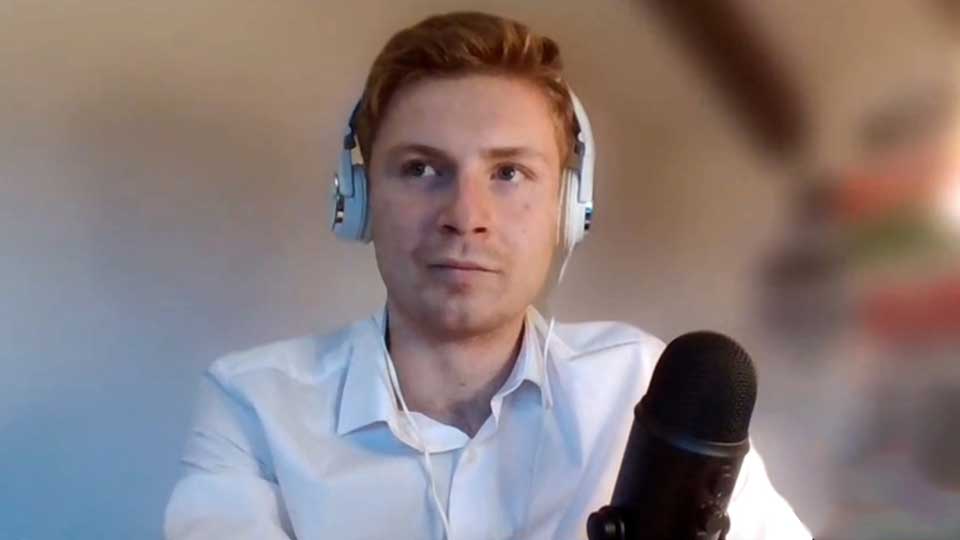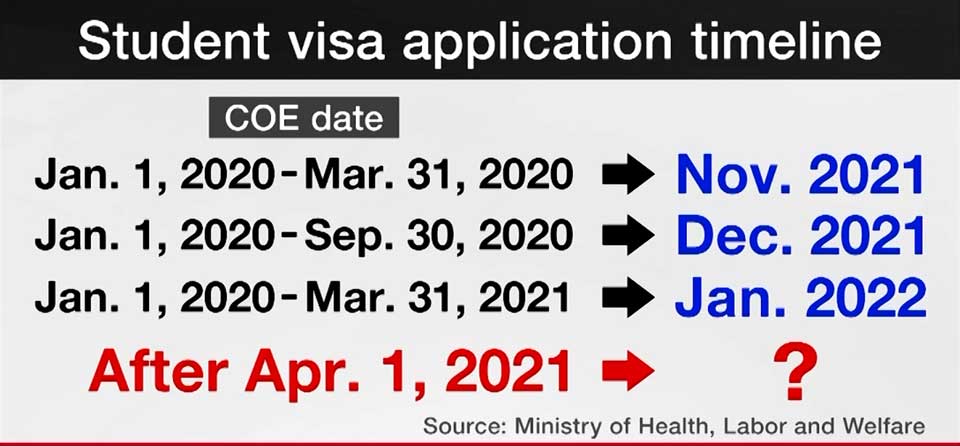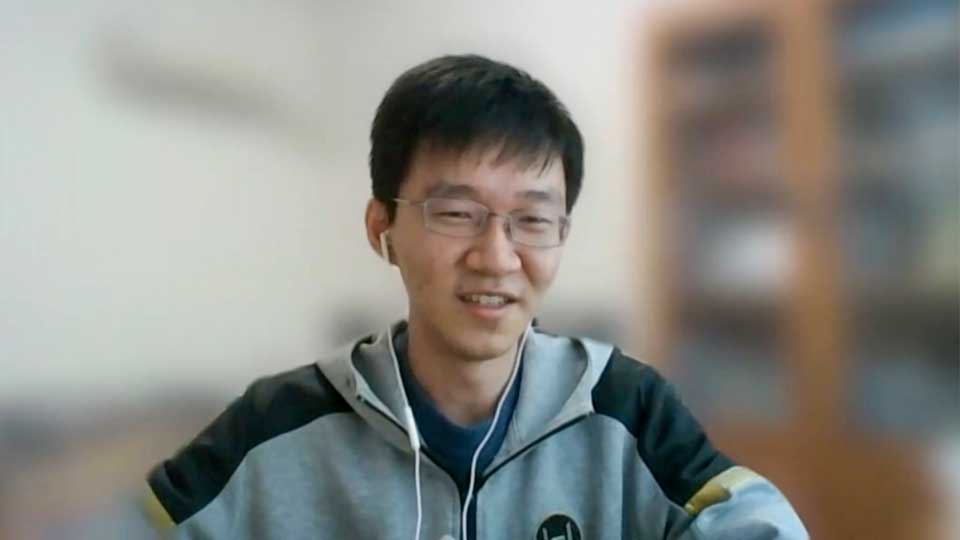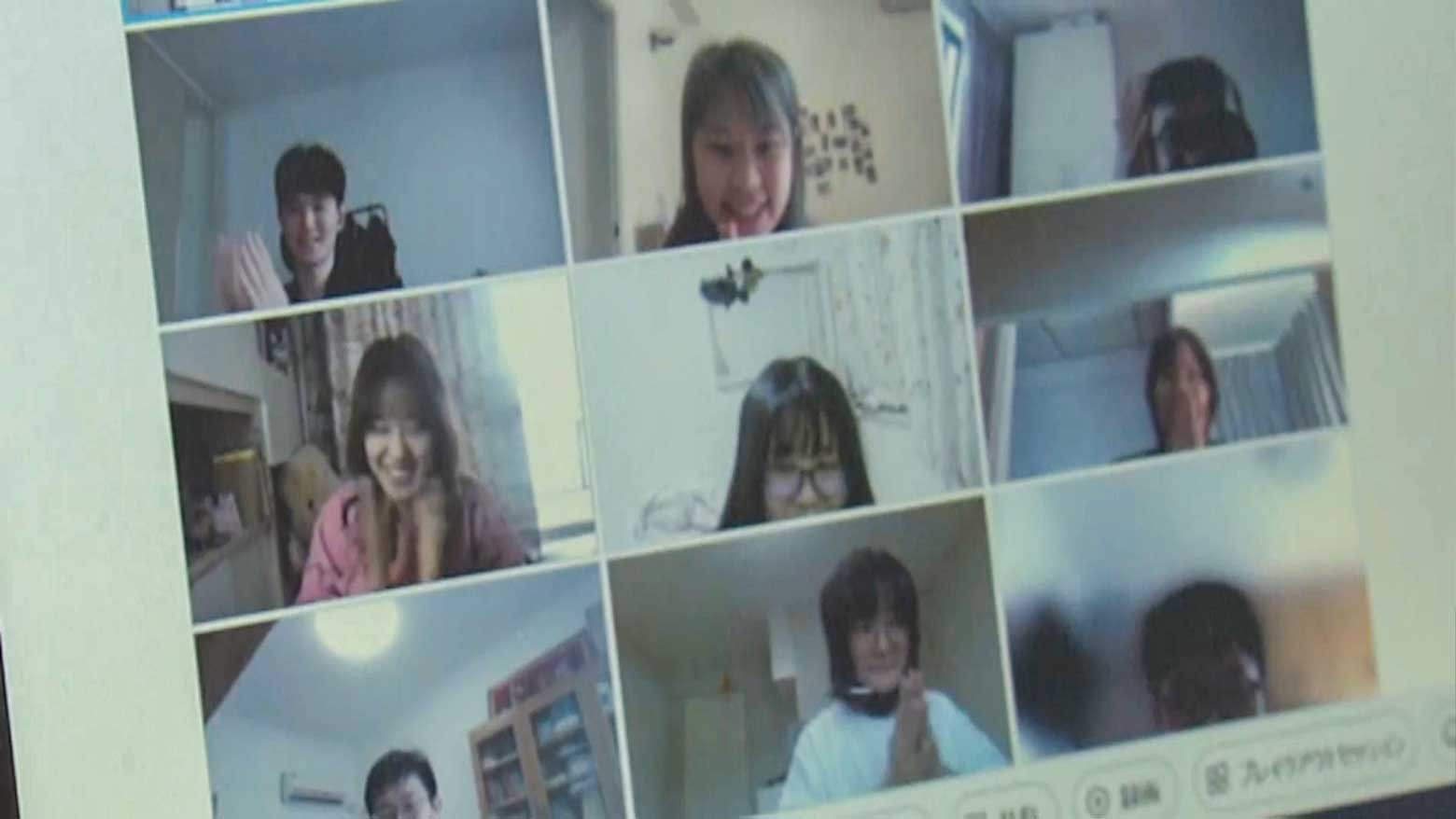The new rules bring a list of new hoops that people will have to jump through. Visa-sponsoring organizations in Japan such as companies or schools will need to submit documents such as a written pledge to abide by the quarantine or anti infection rules. They will also have to present an activity plan covering their first 14 days in Japan. Once officials have approved them, people can apply for a visa. That process is expected to take about two weeks.
The change was the light at the end of a long tunnel for 24-year-old Ellis Warren from the United Kingdom, who has been waiting to receive a work visa for Japan since October 2020.
"I'm in a state of very intense focus right now because I want to make sure I get every document in as soon as possible," he says.

Warren graduated from university last year and landed a job with a recruitment consulting company in Tokyo. He says things have been moving quickly since the announcement and he's already received instructions from his company to book a flight for December.
Timeline for students and technical trainees
However, it's a very different story for international students and technical trainees. Unlike business travelers and workers, they will need to follow a specific timeline. They are being prioritized by when they received a Certificate of Eligibility, or a "COE", a document people have to get before applying for a long-term visa in Japan.

It means many students will still have to wait for at least 3 months to apply for their visa.
Applicants who received their COE after March 2021 don't even know when they will be able to get into the visa queue. The government says it's a necessary measure, because students account for a large percentage of those who are waiting to enter the country.
Immigration authorities say about 147,800 students and 111,200 technical trainees were still waiting to be issued visas as of October 2021. That represents 70 percent of people with existing Certificate of Eligibility who were hoping to get into Japan.
"We have more than 800 students waiting outside Japan. But only 34 of them will even have a chance to enter Japan in November," says Arai Tokiyoshi, president of the Akamonkai Japanese Language School in Tokyo.
Chinese student Li Yuyao has been taking online classes with the school since July from his home in Nanjing. Li wants to go to graduate school and become an accountant in Japan. He hoped to be in Tokyo by December for an entrance exam, but his COE was issued in May 2021 and he still has no idea when he will get his visa. Now he will have to wait another whole year to take the exam.
"I really thought I would be able to enter Japan this year. I didn't expect it would become such a long process," says Li. "It feels like they made a fool of me and the Japanese government let me down."

Li says he has invested so much time and effort on Japan that he can't give up. He says he will wait as long as he has to, but he's calling on the government to clearly state when all students will be able to enter the country, and to keep the borders open for them.
Other students worry about what will happen if there is another wave of coronavirus cases. Japan eased border restrictions in October of last year, but shut down again to new arrivals in January after a COVID spike.
American Richard Seidlitz is planning to study at a Japanese language school. He is due to start the visa process in January, but he is skeptical about whether he will be allowed into the country anytime soon.
"If that timetable stays the same, I'm sure another coronavirus wave will hit before I get there. The government will close down and I will continue being stranded."
An expert's view
Japan's coronavirus situation has improved dramatically over the past few months. The vaccination rate is now among the highest in the world, and COVID cases are the lowest they have been since early in the pandemic. Japan's public health experts say the country should remain cautious about opening to travelers, but it needs to adjust.
"Many countries are trying to make it possible for people to travel if they have been vaccinated to some extent. Japan must not fall behind in this trend. Infections are largely under control in Japan," says Professor Wada Koji of the International University of Health and Welfare.
Wada says it is important for Japan to increase the number of vaccinated people who can enter the country if they take PCR tests and follow safety measures. He says if the number of infections in a particular country rises significantly, officials can take specific temporary measures, including banning travel to Japan.
Watch Video 03:25
Officials are also increasing Japan's daily cap on arrivals to 5,000 starting on November 26. The government previously limited the number of entries to 3,500 people per day, which includes Japanese citizens and residents who are returning to the country. Officials cite an enhanced capacity for screening measures at airports as a reason for the change.
Meanwhile, in response to a request for information from NHK World Japan, an official with the Ministry of Foreign Affairs said the government is aware of the difficulties facing international students who want to come to Japan, and explained that the rules are meant to be flexible.

